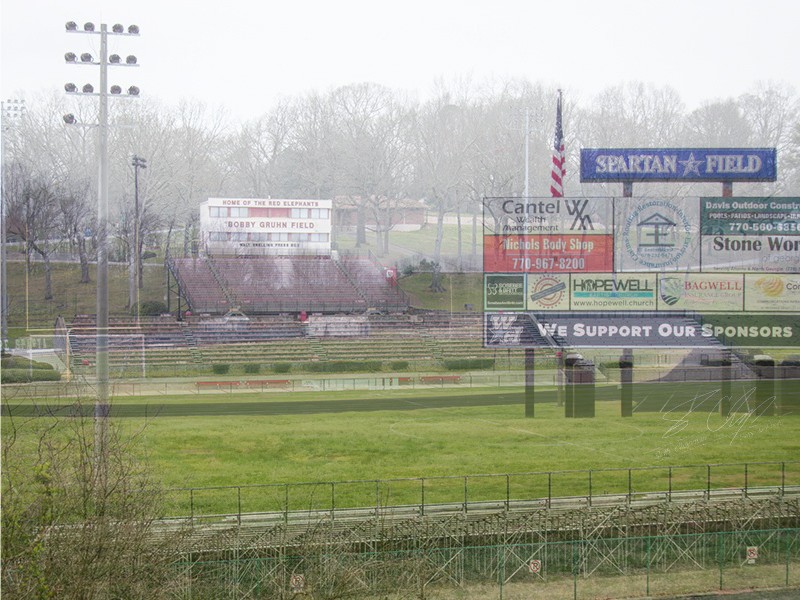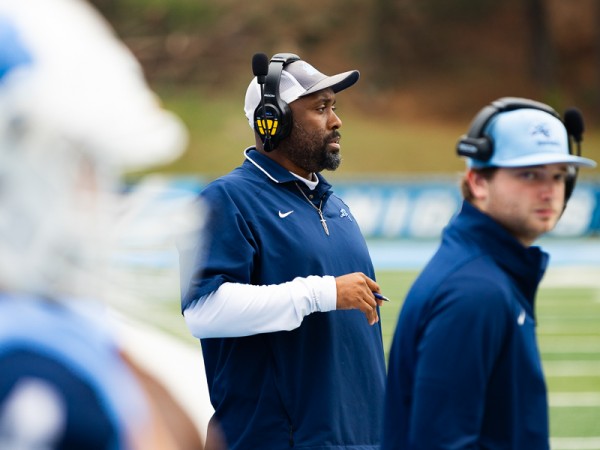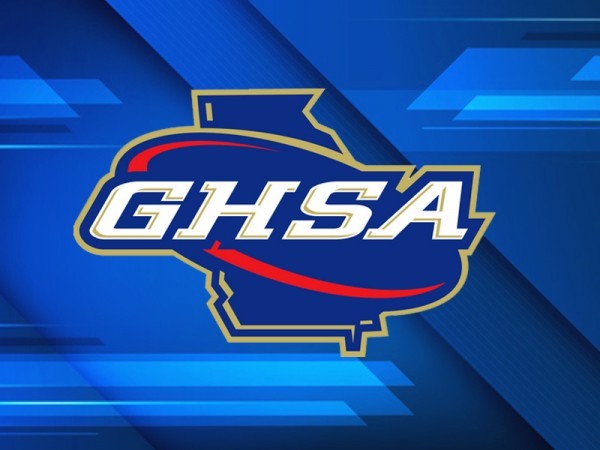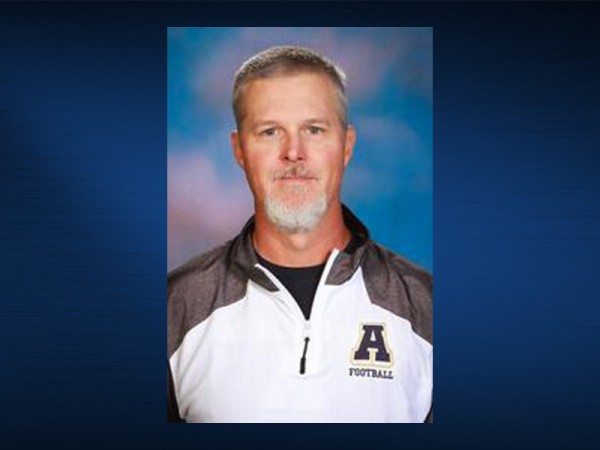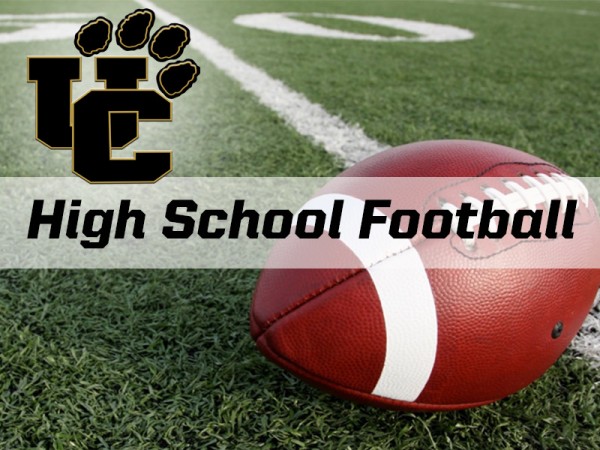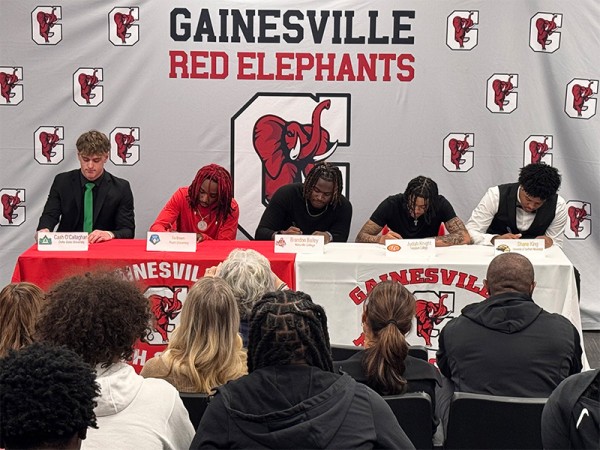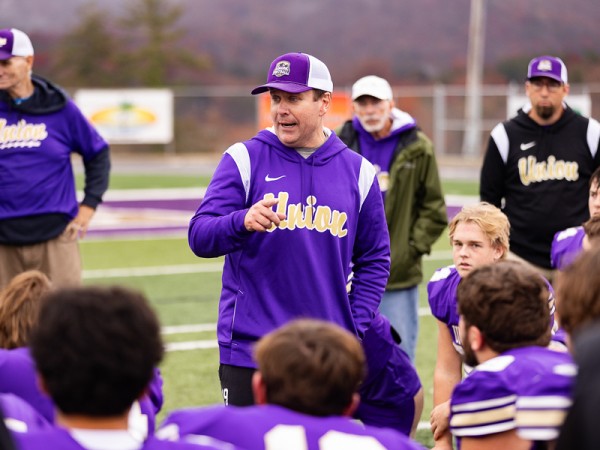The 2020 prep football season will go down as one like no other in the history of the sport, which dates back to the early 1900s in Georgia.
And that’s BEFORE any actual kickoffs get things started on Sept. 4 – a two-week delay from the original kickoff of Aug. 21.
But how will historians of the sport 50 and even 100 years from now look at the 2020 season? Will they notice just the wins and losses just as we do now about programs and players that have long since passed on from their prime? Will they reminisce about dominating programs of the era and wonder what happened?
But if they delve deeper, what they are more likely to discover is that the biggest impact on the 2020 season did not happen on the field or in the locker room, but in state government offices, local school board sessions, and in the mindset of a scared and concerned population.
What they will find is that the COVID-19 virus, which swept over the world in 2020, was the toughest opponent and biggest obstacle to every football program.
They will see that uncertainty was the theme of the day beginning in April and lasting almost right up to an opening day in September.
Would there be a spring practice? It was canceled.
Maybe workouts would be allowed? They were delayed until June.
All of that uncertainty caused Riverside Military Academy to call off its fall sports schedule because of deadline issues with many of their students who are from other countries.
When the Georgia High School Association, in concert with the State of Georgia, said things could resume in mid-June, health restrictions and guidelines took up more bulletin board space than typical team plays and motivational quotes. Some players even opted out due to concerns with the virus.
For northeast Georgia area coaches, it almost became known as “The COVID Effect.” No planning could be undertaken without trying to figure out how to incorporate restrictions into the daily routines. And no two coaches had the same message as to how it affected their program.
Buford’s Bryant Appling saw it as a two-edged sword:
“There are two different sides to this to me. First, it has made us learn how to reach out and communicate with the kids in other ways, such as zoom and other types of technology. The second thing is that we've had no control over the training and conditioning of the kids since we hadn't been able to see them, in many cases, since March.
“I think the key thing when it comes to the season is it’s going to depend on how everyone around the state [has] handled the virus.”
For Commerce’s Michael Brown, Rabun County’s Jaybo Shaw and Jackson County’s Rich McWhorter, it was about the unknown:
“To me, it's left us in a total state of uncertainty with everything,” Brown said. “It made it very difficult to plan and get the kids into any kind of a routine. I know it was like that for everybody but that doesn't make up for all the uncertainty that was out there.”
“To me, it meant uncharted territory,” Shaw said. “Just the unknown about not knowing what is going to happen next. Things happened so fast and changed so fast it was hard to keep up and made it difficult to try to plan.”
“Just the unknown of not knowing what we're going to do on a day-to-day basis was the hardest part,” McWhorter said. “Do we get another week of training, things like that?
“(We were) really just waiting on the GHSA to make some decisions on things like will everybody be going back into the schools? Will there be people in the stands? Sick players? But I do think (the GHSA did) a great job by the way in directing all of us in this.”
For Banks County’s Jay Reid and Habersham Central’s Benji Harrison, the lack of camaraderie were the biggest takeaways.
“To me, (it) meant separation and that was the hard part,” Reid said. “We're a close-knit group up here so to not be able to get together was very tough on all of us. As they say, absence makes the heart grow fonder and I think that it did for us.”
“To me the biggest thing is relationships,” Harrison stated. “We had no access to the kids for three months and that was very tough. We all missed each other. But it also helped us to learn how to reach kids in new ways and that might be a good thing moving forward.”
And for many others like Towns County’s Jason Roquemore, it brought feelings of daily perspective:
“The biggest thing to me is that it helped put things into perspective of how grateful we are to be able to do what it is we do. We're trying not to take things for granted right now and think probably every program is just happy to be able to play and coach football.”


